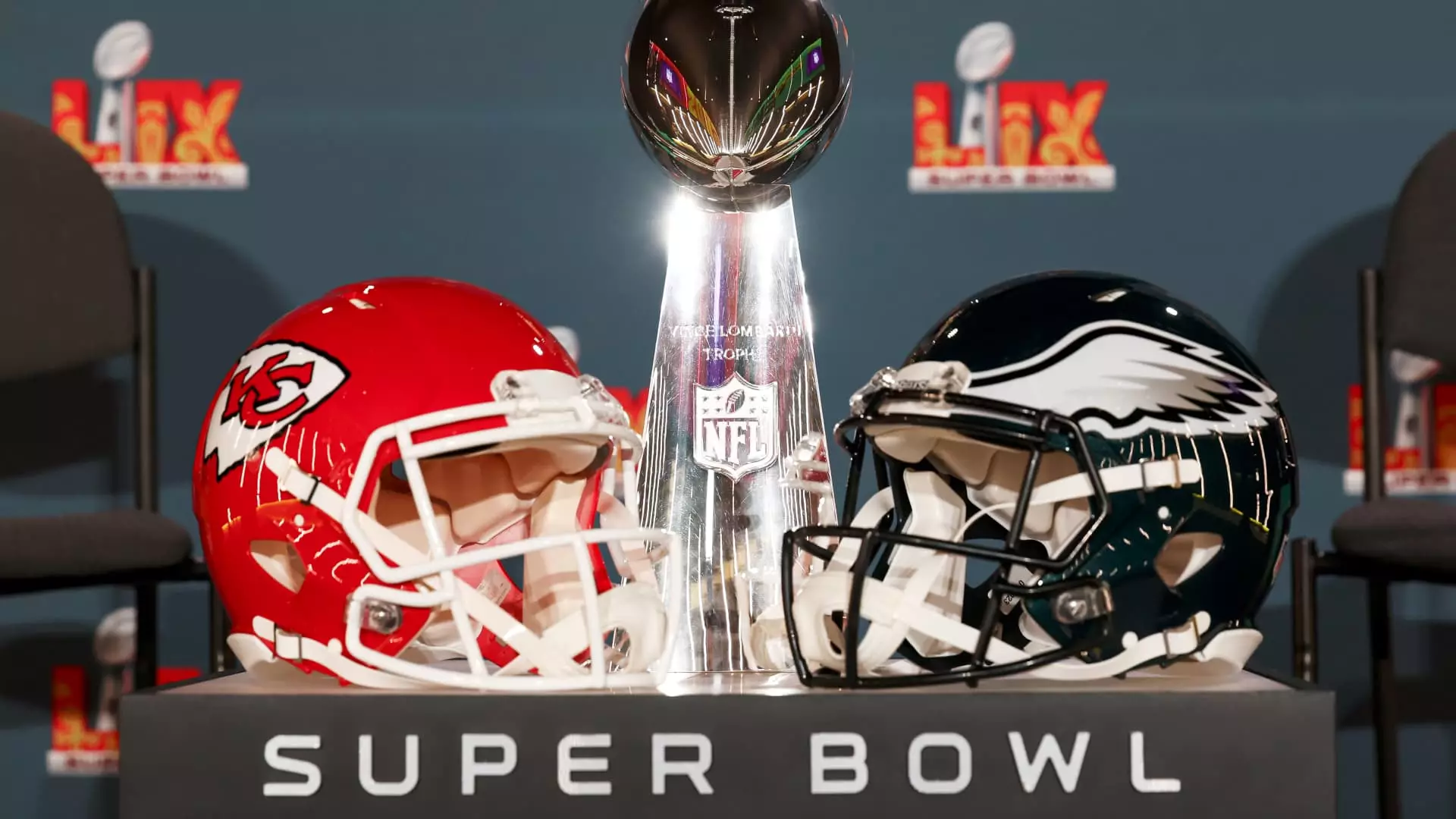The National Football League’s recent actions against players, coaches, and staff involved in ticket reselling expose a troubling side of professional sports—that of unchecked greed and exploitation. While the league claims to protect the integrity of its events, the heavy-handed fines and punitive measures reveal an underlying obsession with control, often at the expense of fairness and individual agency. It’s easy to overlook how these policies might perpetuate a culture of fear rather than fostering genuine respect for the fans or a sense of fairness among those closest to the game.
The league’s crackdown hinges on a narrow view of morality—one that equates profit with corruption and assumes malicious intent without deeply examining systemic issues. Are players and staff truly motivated by greed alone, or are they responding to economic pressures or perceived inequalities within the NFL ecosystem? By focusing on punitive measures rather than addressing root causes, the NFL perpetuates a cycle of mistrust and distrust, turning once-respectable figures into villains in a spectacle fuelled by profit margins and corporate interests.
Selective Justice and the Contextual Silencing of Voices
While the NFL emphasizes that no one should profit from affiliated roles at the expense of fans, it conveniently ignores how the league itself profits immensely from ticket sales, broadcasting rights, and corporate sponsorships. The double standard is glaring: the league profits massively, yet it swiftly targets individual insiders who take small steps to capitalize on their access or knowledge. This selective enforcement reveals a bias that prioritizes reputation management and brand control over genuine accountability and fairness.
Furthermore, the emphasis on punishing these individuals seems to sideline critical questions about economic disparities and power imbalances within the sport. Why are players and staff pushed to the edge of legality for minor gains? Is this an internal power struggle disguised as moral righteousness, or a calculated effort to silence dissent and maintain a sanitized public image? By making an example out of a handful of insiders, the NFL ignores broader systemic issues and propagates a climate of fear that stifles honest discussion about fairness and the true nature of profitability in the league.
Implications for Fan Trust and the Future of Fair Play
This heavy-handed crackdown not only damages the reputation of individuals but also raises concerns about how much control the league intends to wield over every aspect of its operations. The message is clear: the NFL wants full dominion over ticket access, fan experience, and even the personal conduct of its employees. Yet, such control risks alienating the very fans and insiders the league claims to protect. Authentic engagement and trust are eroded when transparency is sacrificed for punitive authoritarianism.
Moreover, the league’s approach fails to recognize the nuanced reality of economic survival for many involved in the sport. By focusing solely on penalties and restrictions, the NFL ignores the possibility of implementing fairer, more balanced policies that recognize individual circumstances and prevent exploitation without resorting to draconian measures. If the goal is truly to foster a sense of integrity and fairness, the league might benefit from embracing more open dialogue and systemic reforms that uphold both economic opportunity and ethical standards. Until then, this transparent obsession with control rather than fairness simply reveals a league more interested in appearances than genuine leadership.


Leave a Reply